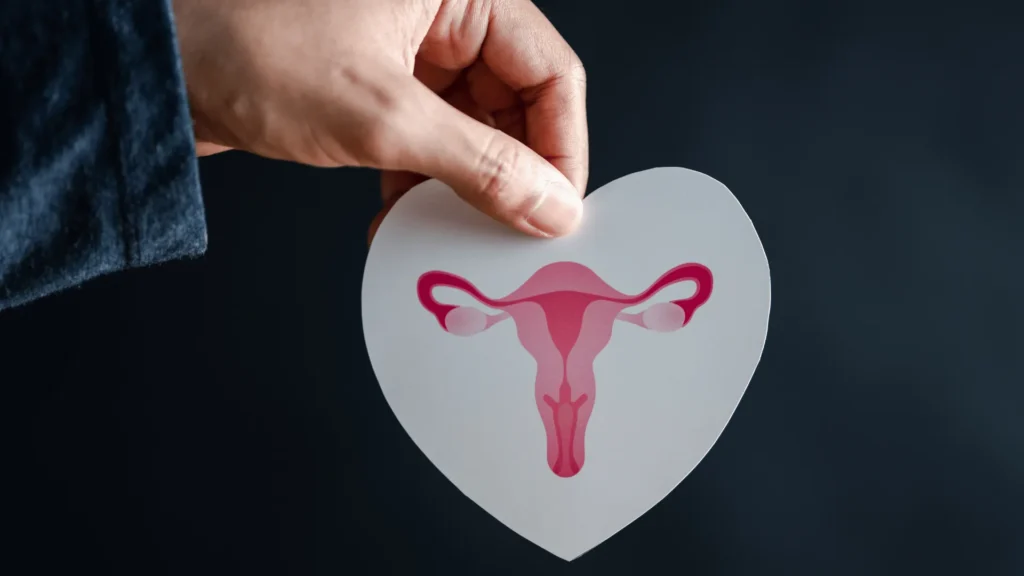Introduction Hidradenitis suppurativa (HS) and polycystic ovary syndrome (PCOS) are two separate medical conditions that commonly affect women. While they may seem unrelated, recent studies have brought to light a potential connection between the two. This article aims to explore the differences, connections, causes, symptoms, treatments, and provide answers to frequently asked questions regarding the relationship between HS and PCOS.

Differences Hidradenitis suppurativa is a chronic skin condition that affects the sweat glands and hair follicles in areas with a high concentration of apocrine glands, such as the armpits, groin, and breasts. PCOS, on the other hand, is a hormonal disorder characterized by enlarged ovaries with small cysts on the outer edges. While HS primarily affects the skin, PCOS primarily affects the reproductive system. The two conditions may seem distinct, but emerging research suggests a potential link between them. Connections Research indicates that hormonal imbalances may play a role in the connection between HS and PCOS. Both conditions have been associated with increased androgen levels, such as testosterone, and decreased levels of sex hormone-binding globulin (SHBG), a protein that regulates hormones.
Additionally, obesity, insulin resistance, and inflammatory factors are common risk factors for both conditions. While more studies are needed to establish a definitive connection, these shared characteristics suggest a potential relationship between HS and PCOS. Causes The exact causes of HS and PCOS are not well understood, but several factors have been implicated in their development. For HS, factors such as genetic predisposition, abnormal immune response, and hormonal imbalances are believed to contribute to its onset. PCOS, on the other hand, is thought to be influenced by genetics, insulin resistance, and hormonal imbalances, particularly excess androgen levels. The shared genetic and hormonal factors suggest that there may be common pathways contributing to the development of both conditions. Symptoms The symptoms of HS and PCOS differ due to the areas of the body they affect. HS is characterized by painful, recurrent abscesses, nodules, and tunnels under the skin in the affected areas. These lesions can cause significant pain, discomfort, and scarring. In contrast, PCOS symptoms include irregular menstrual cycles, excessive hair growth, acne, weight gain, and fertility issues. While the symptoms may seem dissimilar, the potential hormonal imbalances that underlie both conditions suggest a possible connection. Treatments Treating HS and PCOS involves managing their symptoms and addressing the underlying causes. For HS, treatment options include antibiotics, anti-inflammatory medications, hormonal therapy, and in severe cases, surgical interventions. PCOS treatment focuses on managing hormonal imbalances, improving insulin sensitivity, and addressing specific symptoms. Lifestyle modifications such as regular exercise, a balanced diet, and weight management are often recommended alongside hormonal medications and fertility treatments.
FAQs
Q: Can PCOS cause HS?
A: While PCOS itself does not directly cause HS, the hormonal imbalances associated with PCOS may contribute to the development or worsening of HS symptoms.
Q: Are both conditions curable?
A: Currently, there is no cure for HS or PCOS. However, with proper management, symptoms can be controlled, and quality of life can be improved.
Q: Is there a specific diet that can help with HS and PCOS?
A: While there is no definitive diet for HS or PCOS, adopting a healthy, balanced diet can support overall well-being and may help manage symptoms. Summary Although hidradenitis suppurativa and polycystic ovary syndrome are distinct medical conditions, emerging research suggests a potential connection between them. While the exact nature of this relationship is not yet fully understood, hormonal imbalances and overlapping risk factors appear to play a significant role. Both conditions can have a considerable impact on the physical and emotional well-being of those affected. Early diagnosis, proper management, and targeted treatments can help alleviate symptoms and improve the quality of life for individuals with HS and PCOS.